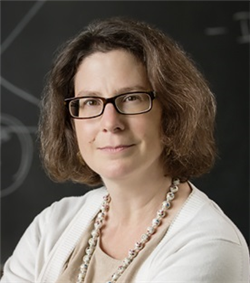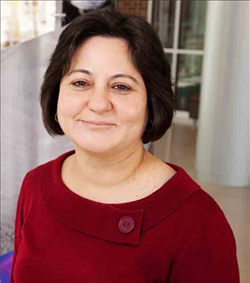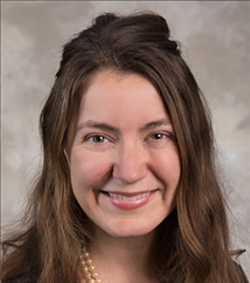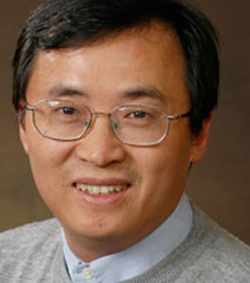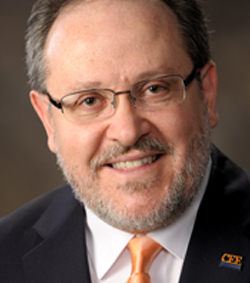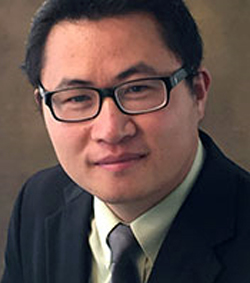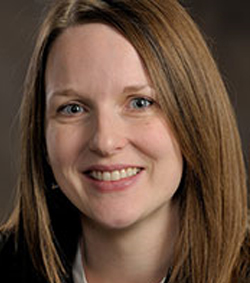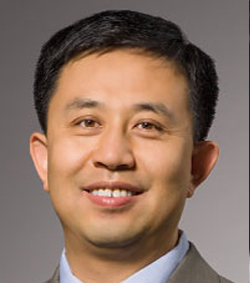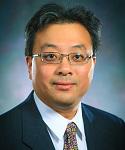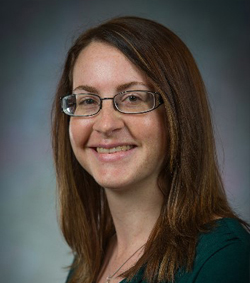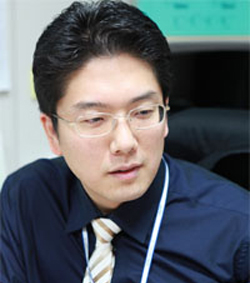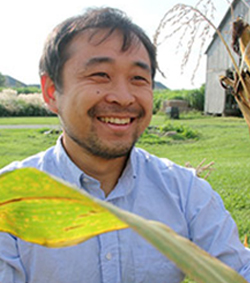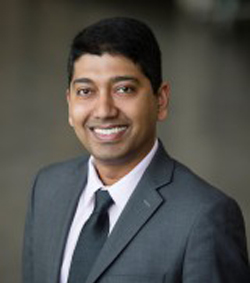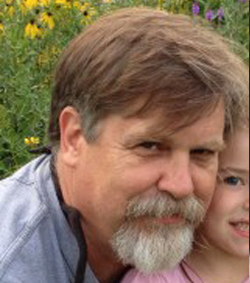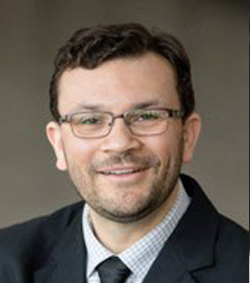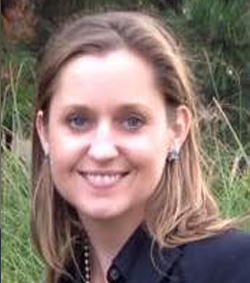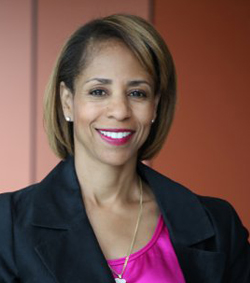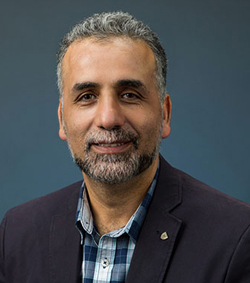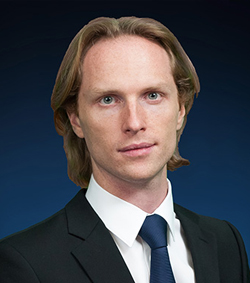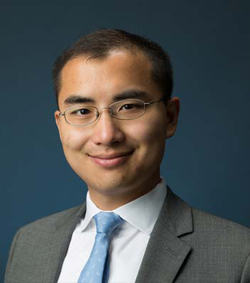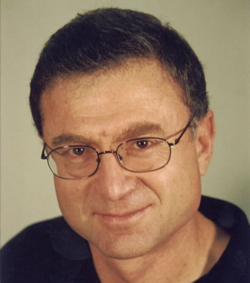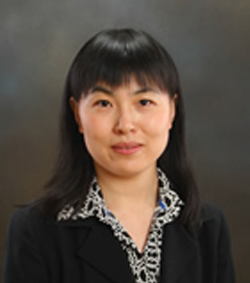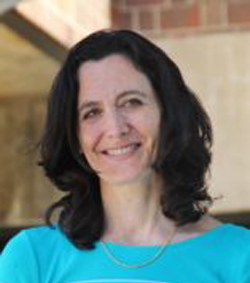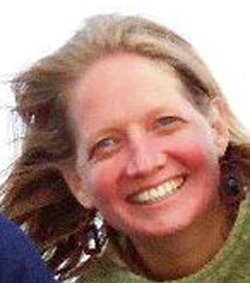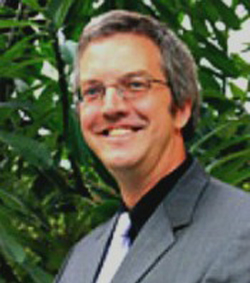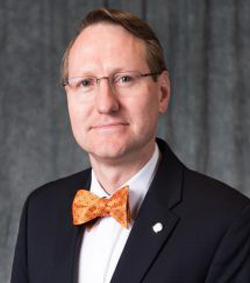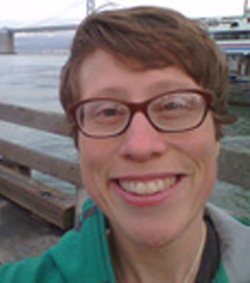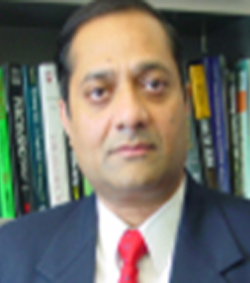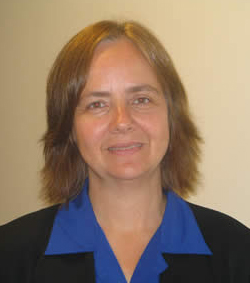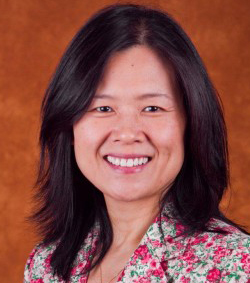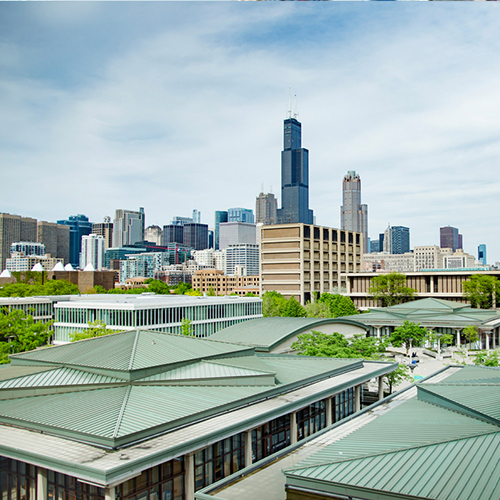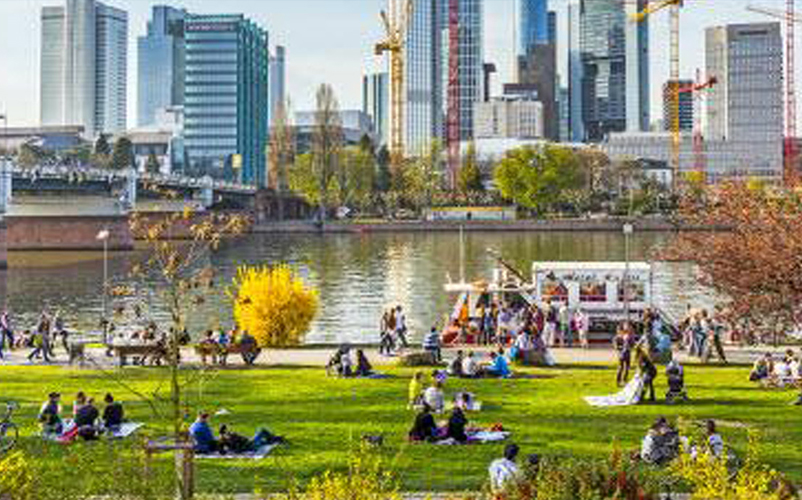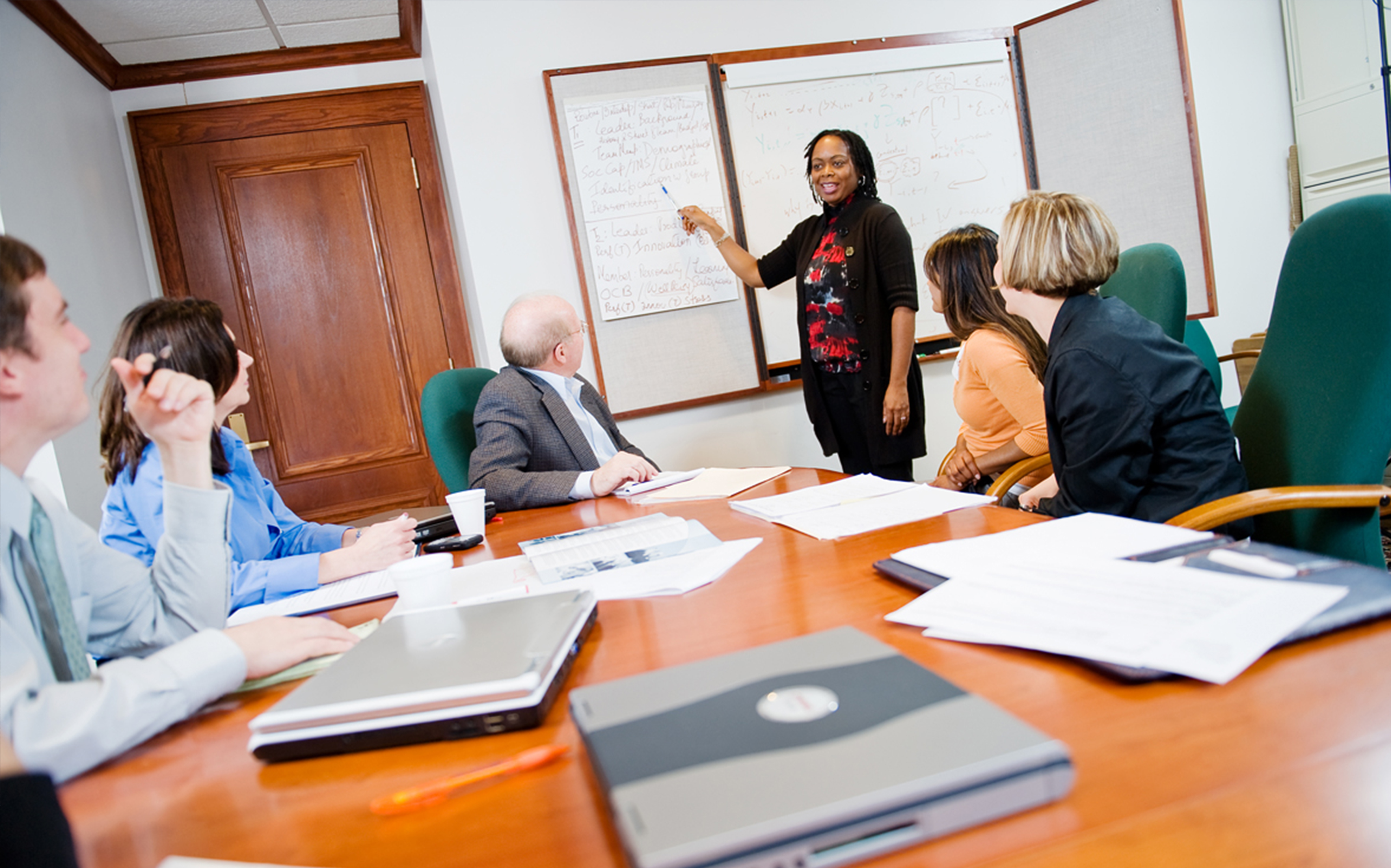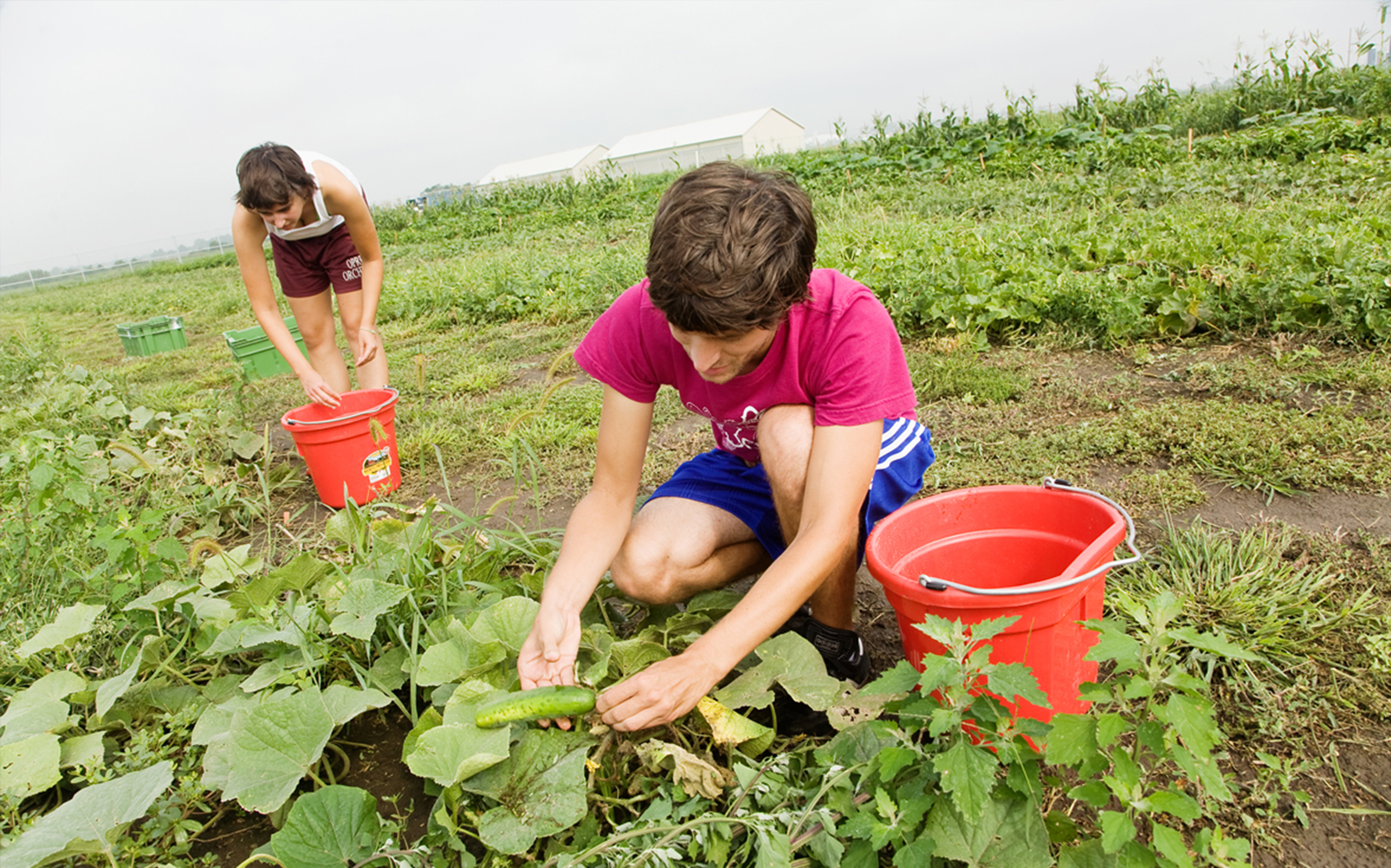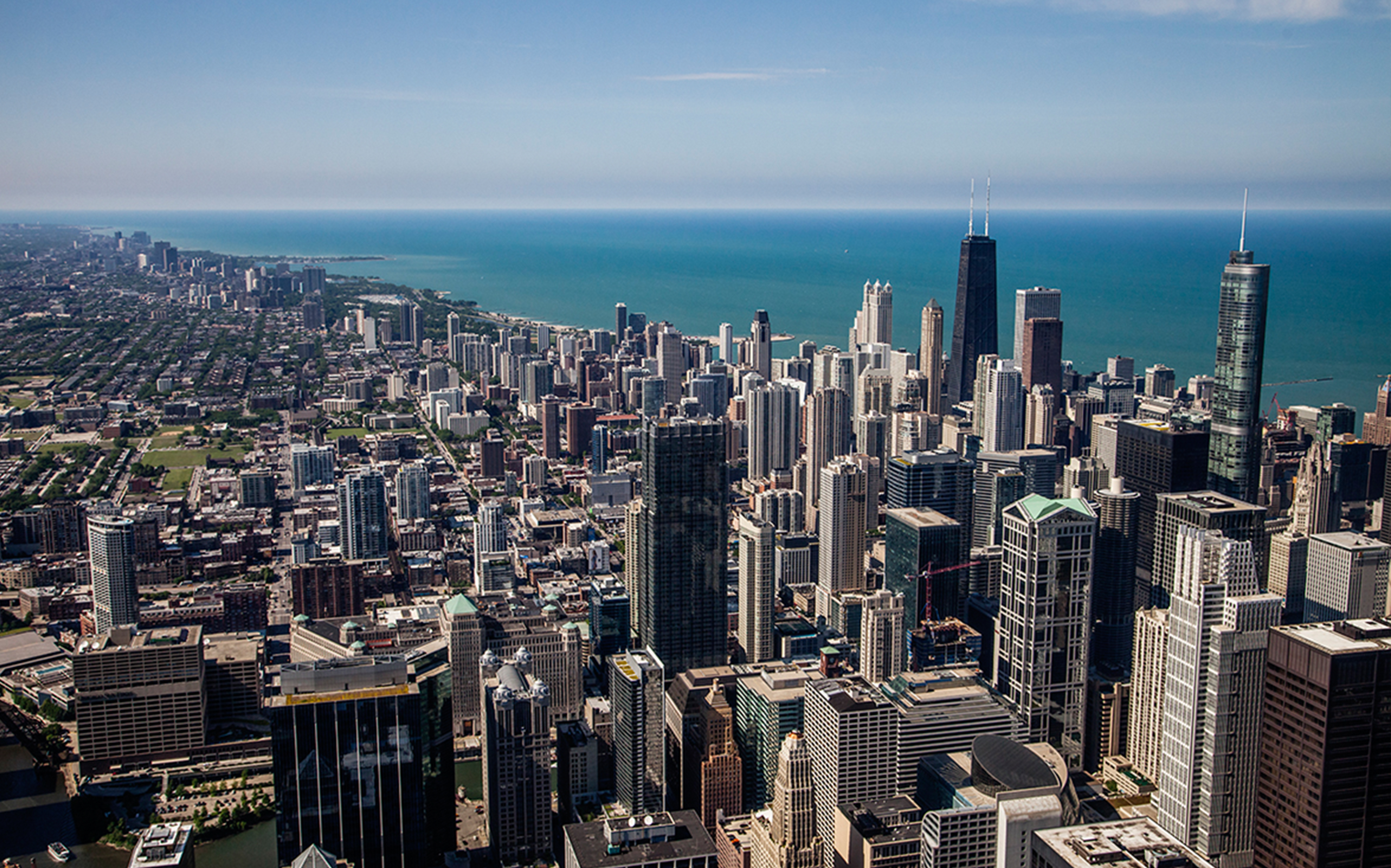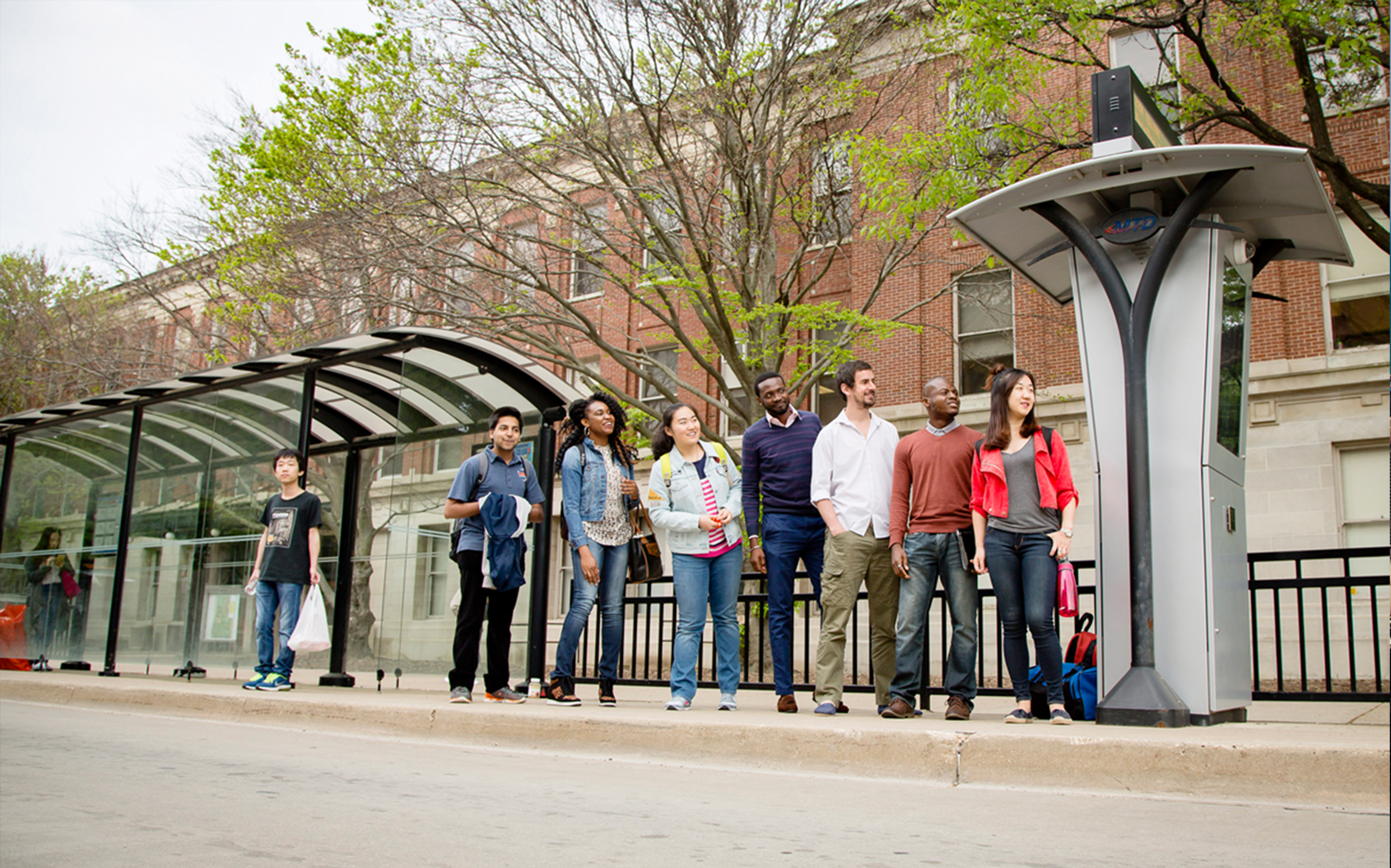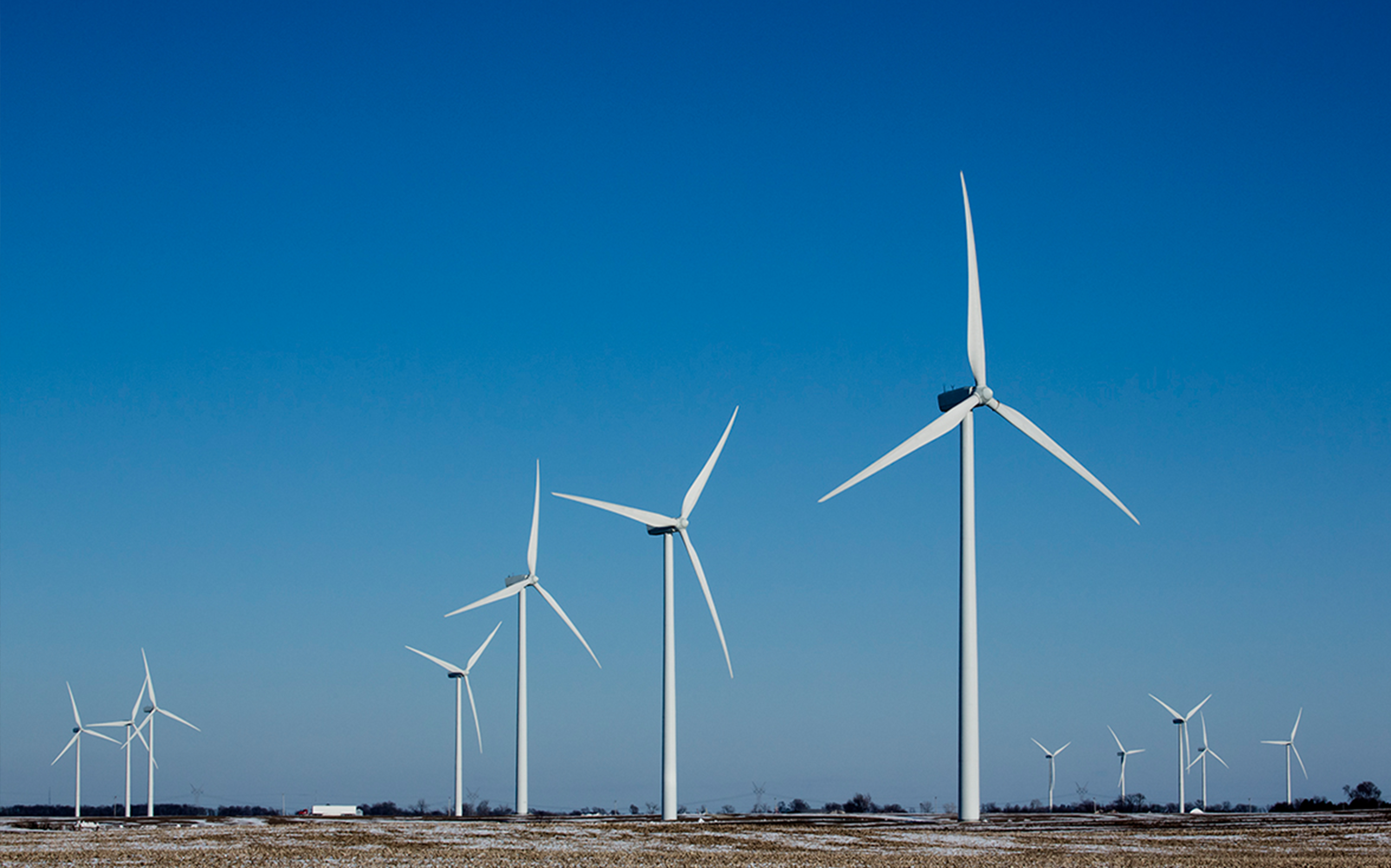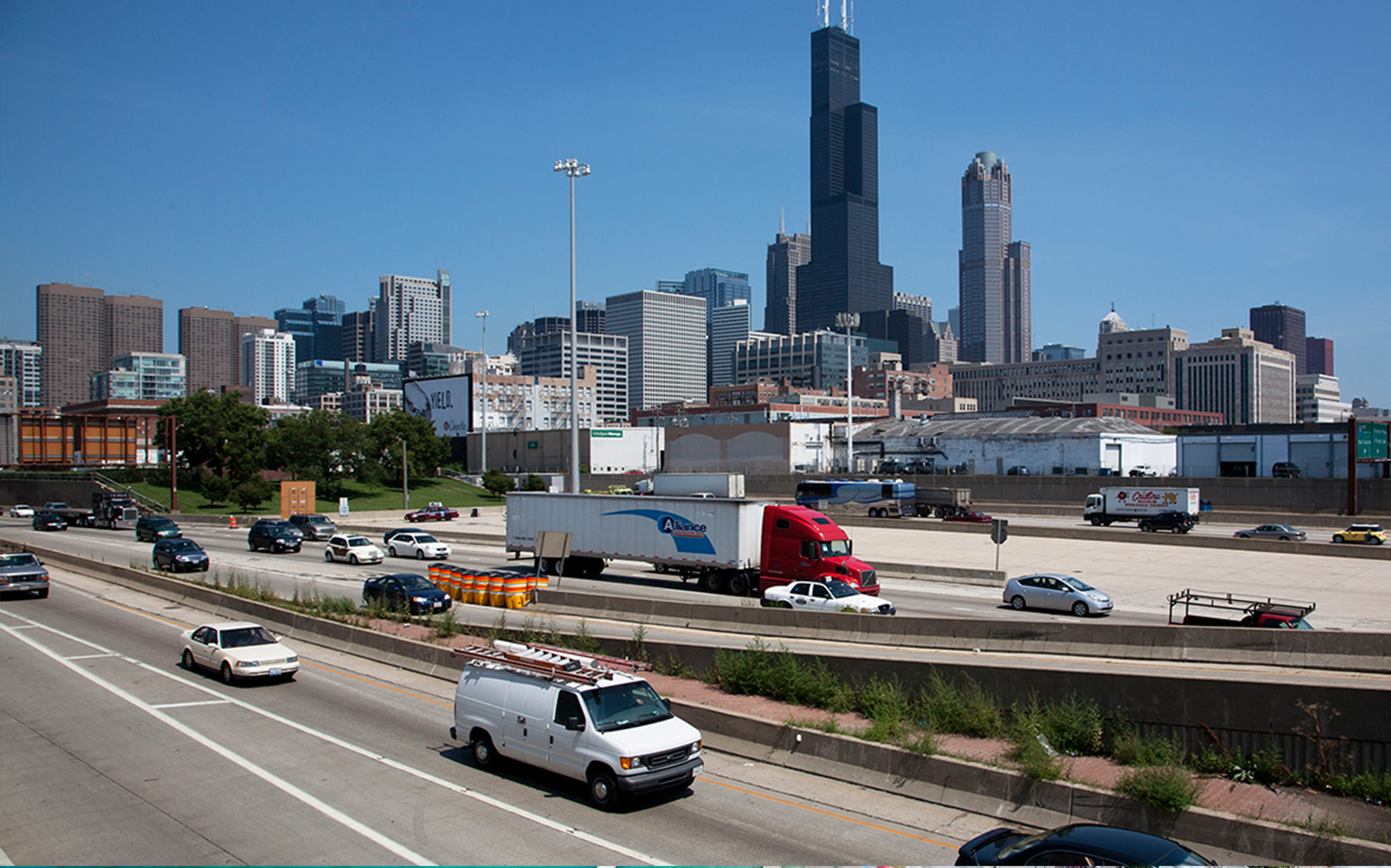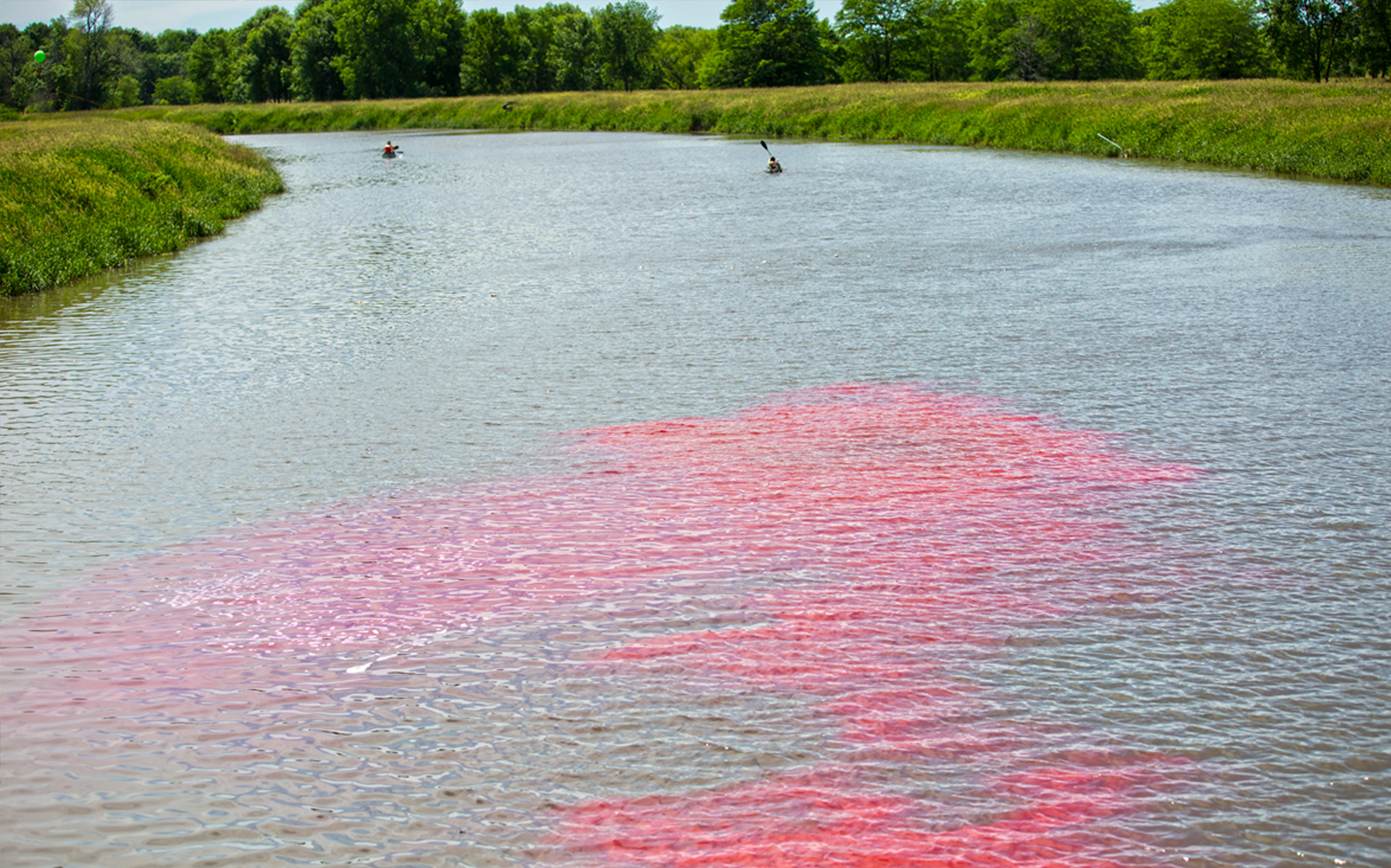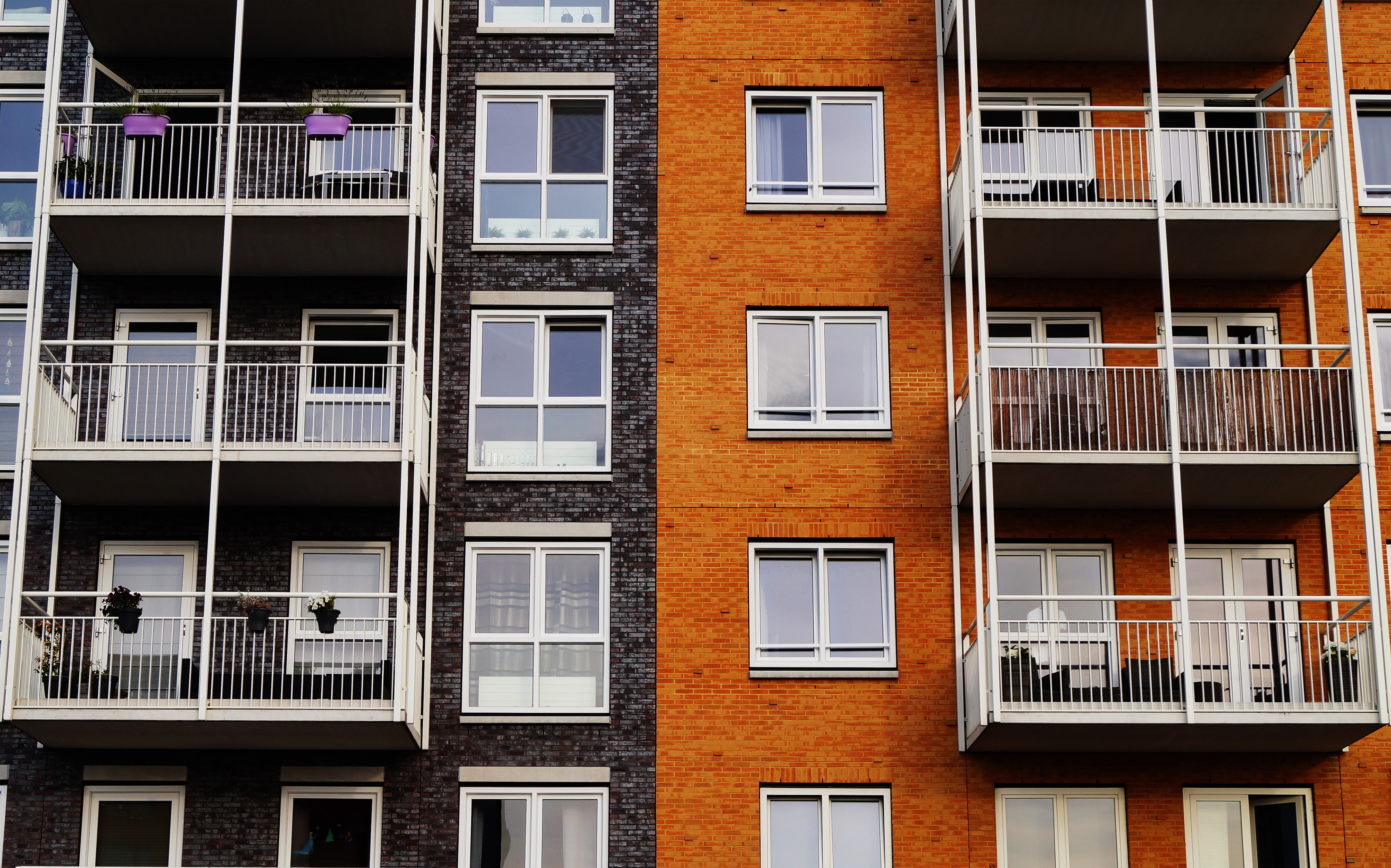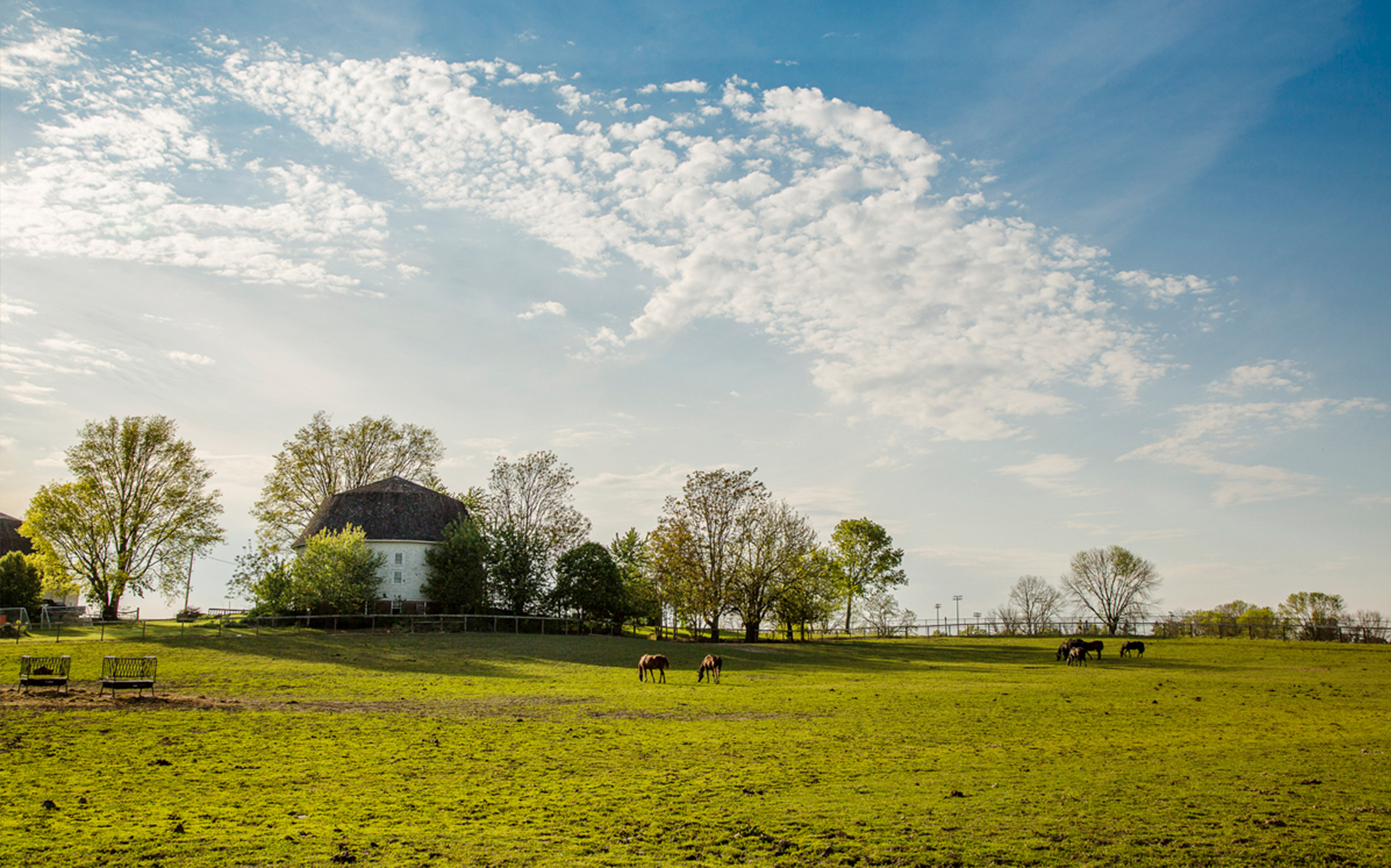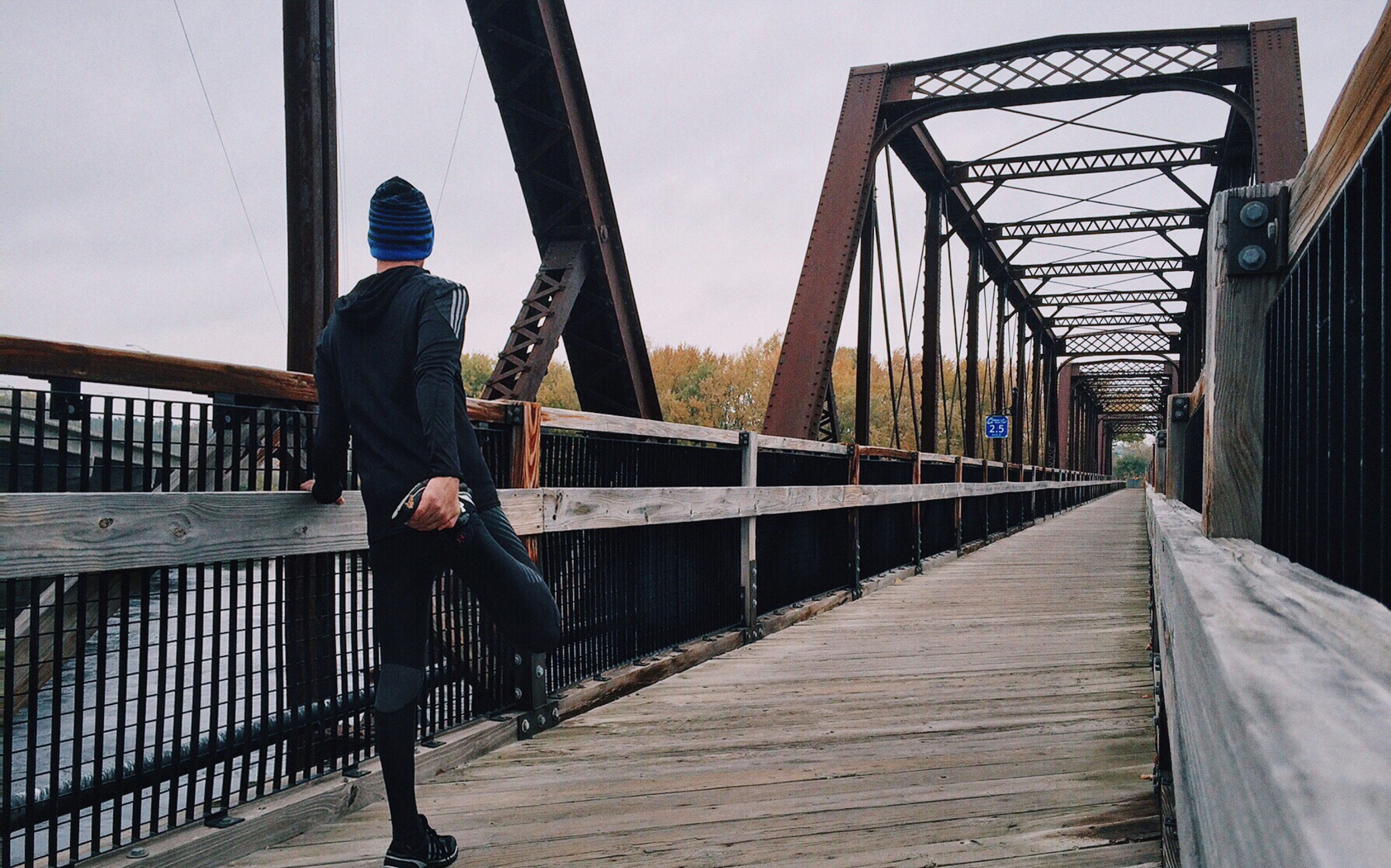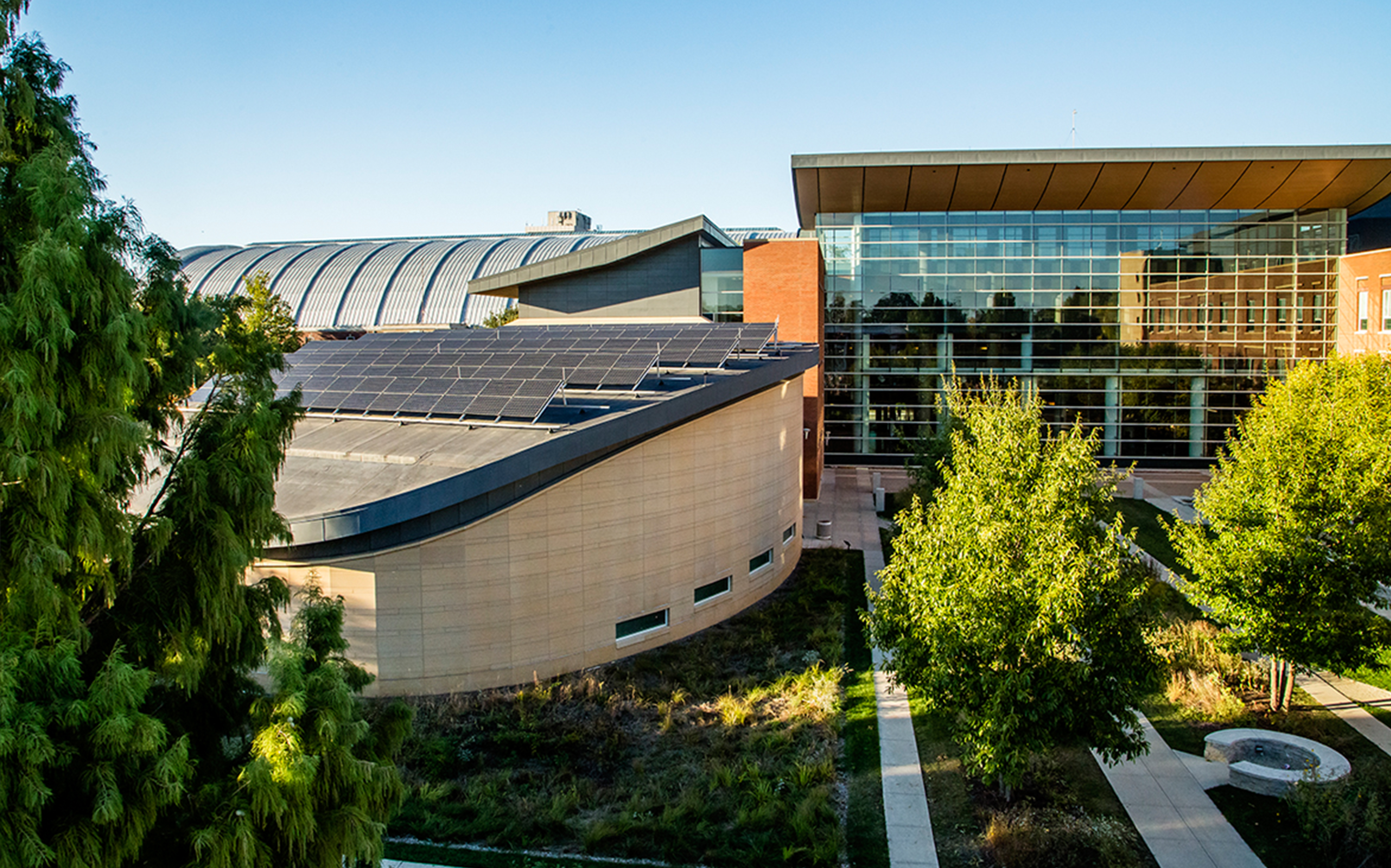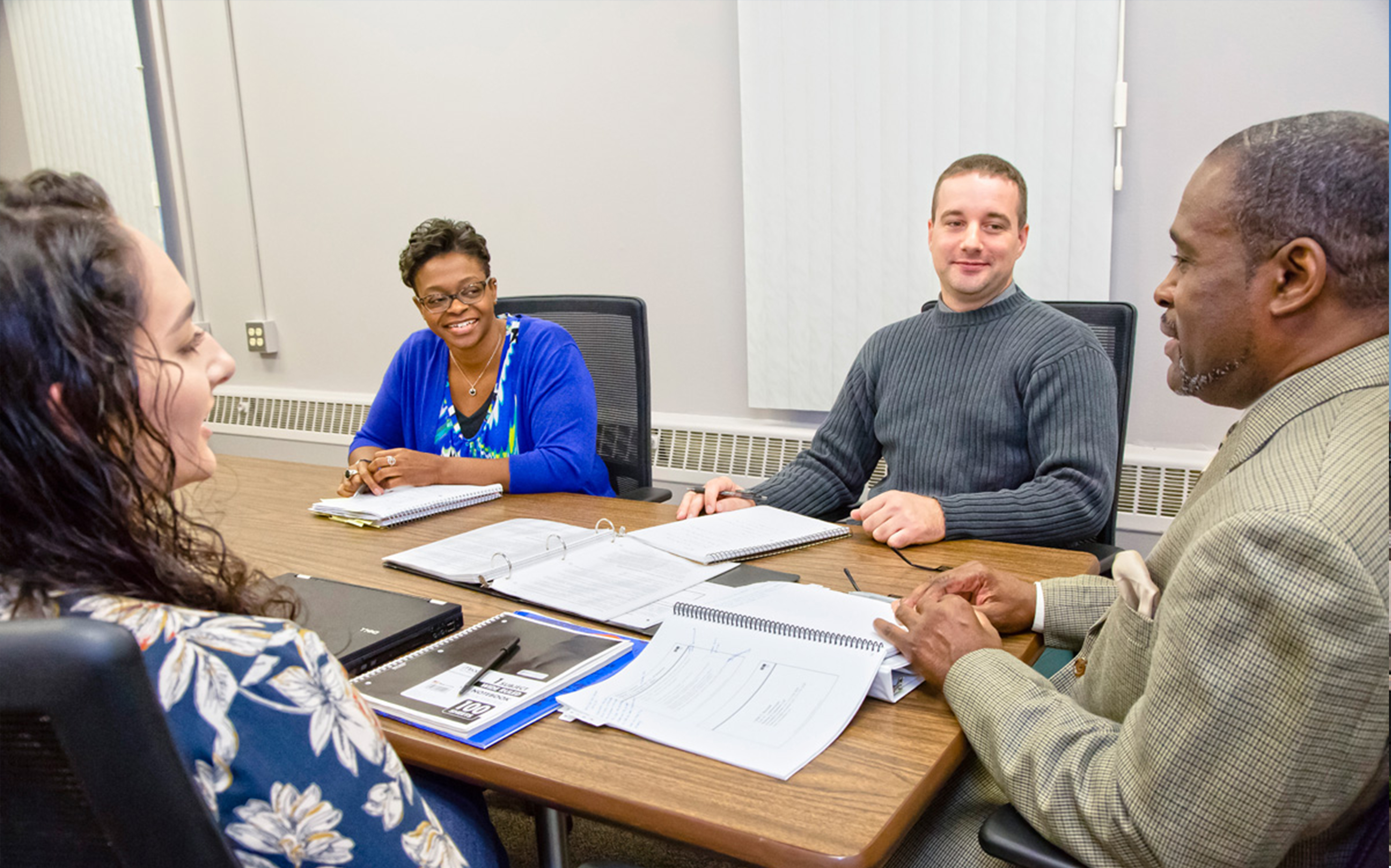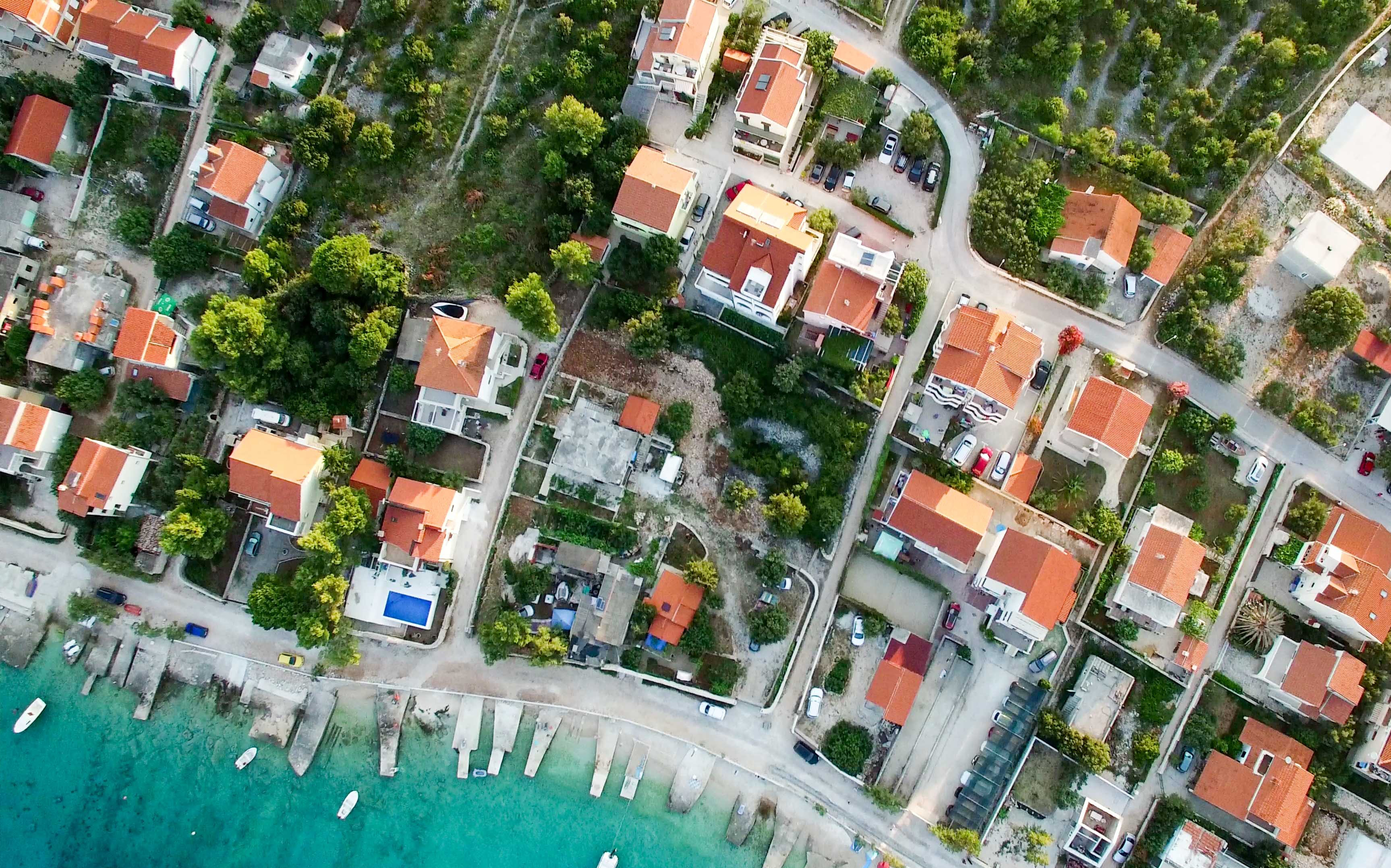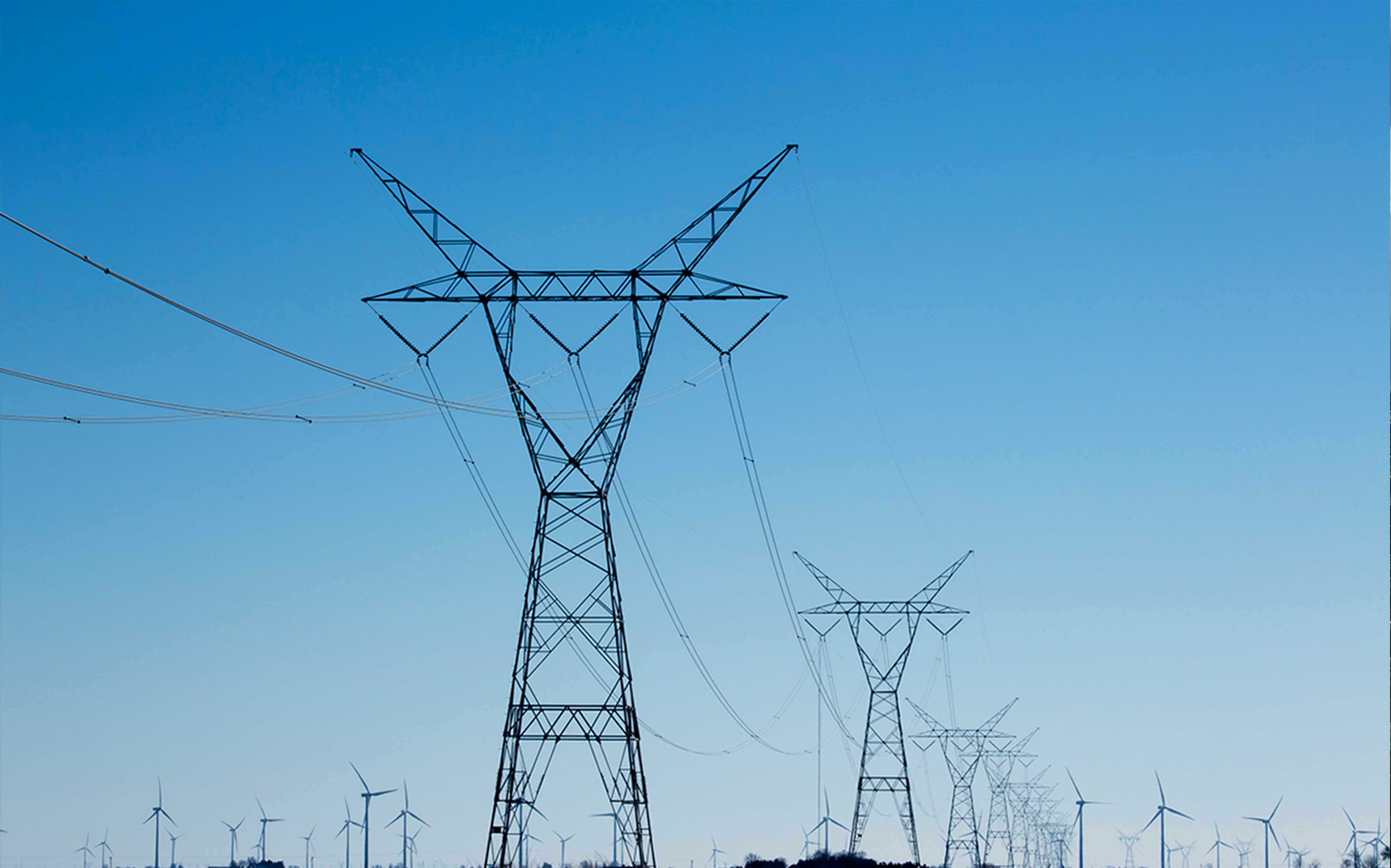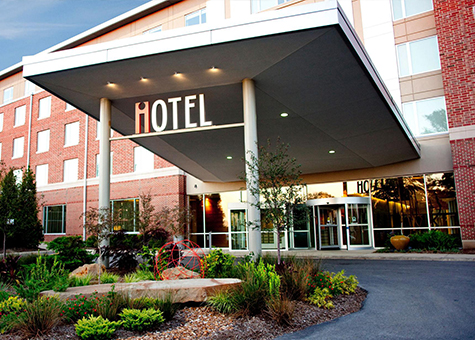Lindsey, T.C. (2011) “Sustainable Principles: Common Values for Achieving Sustainability.” Journal of Cleaner Production. 19 (2011) 561-565.
Lindsey T.C. (2007). Metal Finishing and Electroplating in Environmentally Conscious Manufacturing p. 123-142. Hoboken, NJ: John Wiley & Sons.
Bartholemew, K.M., T.C. Lindsey, J.O. Sparks, and D. McKinldy. (2008) “Multi-state Initiative to Enhance Pollution Prevention Technology Diffusion Using the ADOP2T Model.” Journal of Cleaner Production. 16 (6).
Lindsey, T.C., (2000). “Key Factors for Promoting P2 Technology Adoption: How-to knowledge is the key.” Pollution Prevention Review 10(4), 1-12.
Rajagopalan, N. T. Lindsey, and J. Sparks (1999) “Recycling Aqueous Solutions: Using Membrane Filtration to Recycle Aqueous Cleaning Solutions”, Products Finishing, July.
Lindsey, T.C., (1999). “Accelerated Diffusion of P2 Technologies (ADOP2T)” Pollution Prevention Review, 9(2), 33 – 37.
Rajagopalan, N., T. Lindsey, and J. Sparks. (1998). “Recycling of Aqueous Cleaning Solutions with Membrane Filtration: Issues and Practice." Parts Finishing. 3, 105 - 110.
Lindsey, T.C., (1998). "Evaluation of Ultrafiltration for In-Process Recycling of Cleaning Solution at Ford's Chicago Stamping Plant", Illinois Waste Management and Research Center. TN98-060.
Andes, R.P., K. Rajagopalan, T. Lindsey, J. Pickowitz, and C.L. Barkan, (1997) "Extending the Life of Railroad Shop Cleaners with Ultrafiltration", Association of American Railroads: Risk Management Division. TD97-043.
Lindsey, T.C., A.G. Ocker, and G.D. Miller. "Recovery of an Aqueous Iron Phosphating/Degreasing Bath by Ultrafiltration," Journal of the Air and Waste Management Association, 1994. 44, 697 - 701.
Lindsey, T.C. and P.M. Randall (1993). Recycling Nickel Electroplating Rinse Waters By Low Temperature Evaporation and Reverse Osmosis. United State Environmental Protection Agency. Technical Report EPA/600/R-93/160 (NTIS 93-218865).
Lindsey, T.C. and Randall, P.M. (1993). Recycling Nickel Electroplating Rinse Waters By Low Temperature Evaporation and Reverse Osmosis. Illinois Dept. of Energy and Natural Resources, Champaign, IL (United States). Hazardous Waste Research and Information Center. Technical Report PB-93-218865/XAB.
Miller, G.D., Lindsey, T.C., Ocker, R.G., Miller, M. (1993). Evaluation of Ultrafiltration to Recover Aqueous Iron Phosphating/Degreasing Bath. United States Environmental Protection Agency Technical Report 600/SR-93-144.


